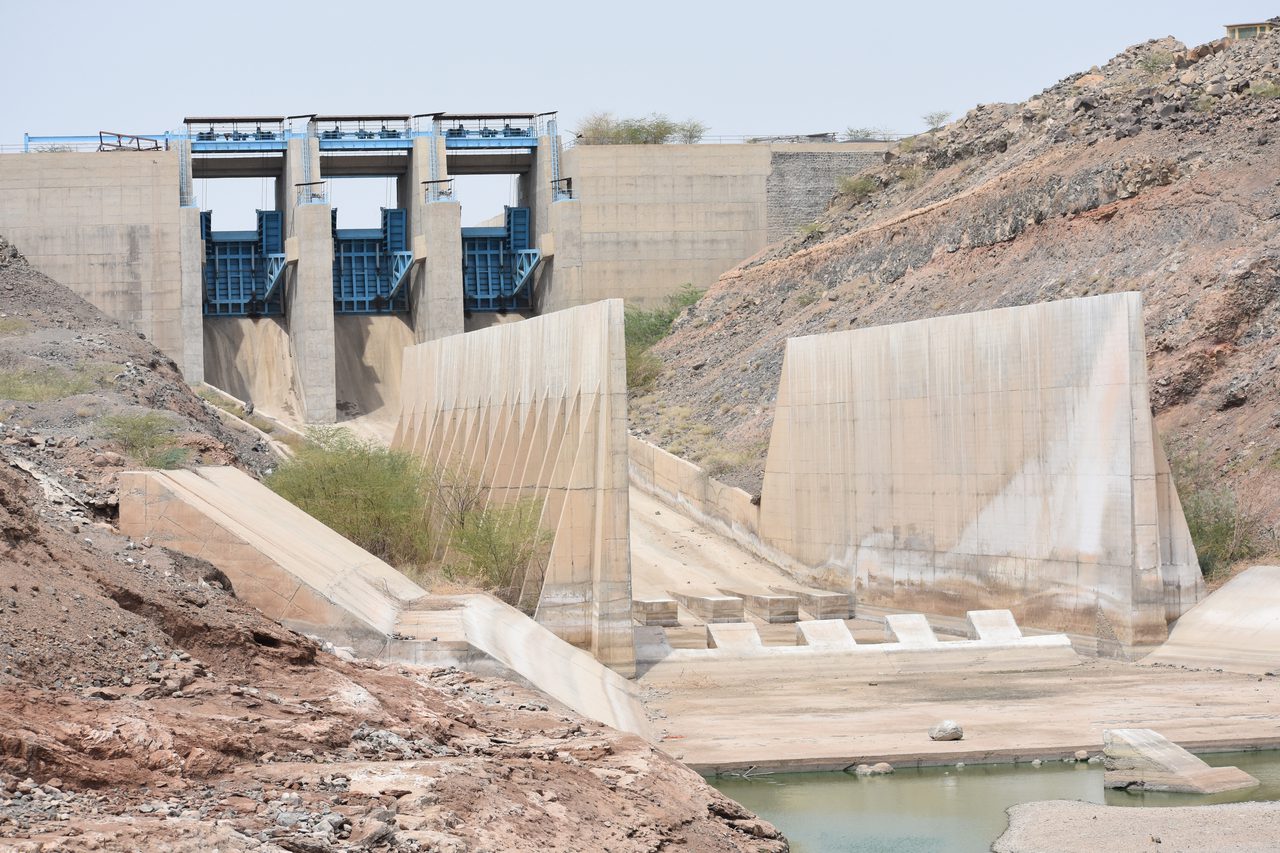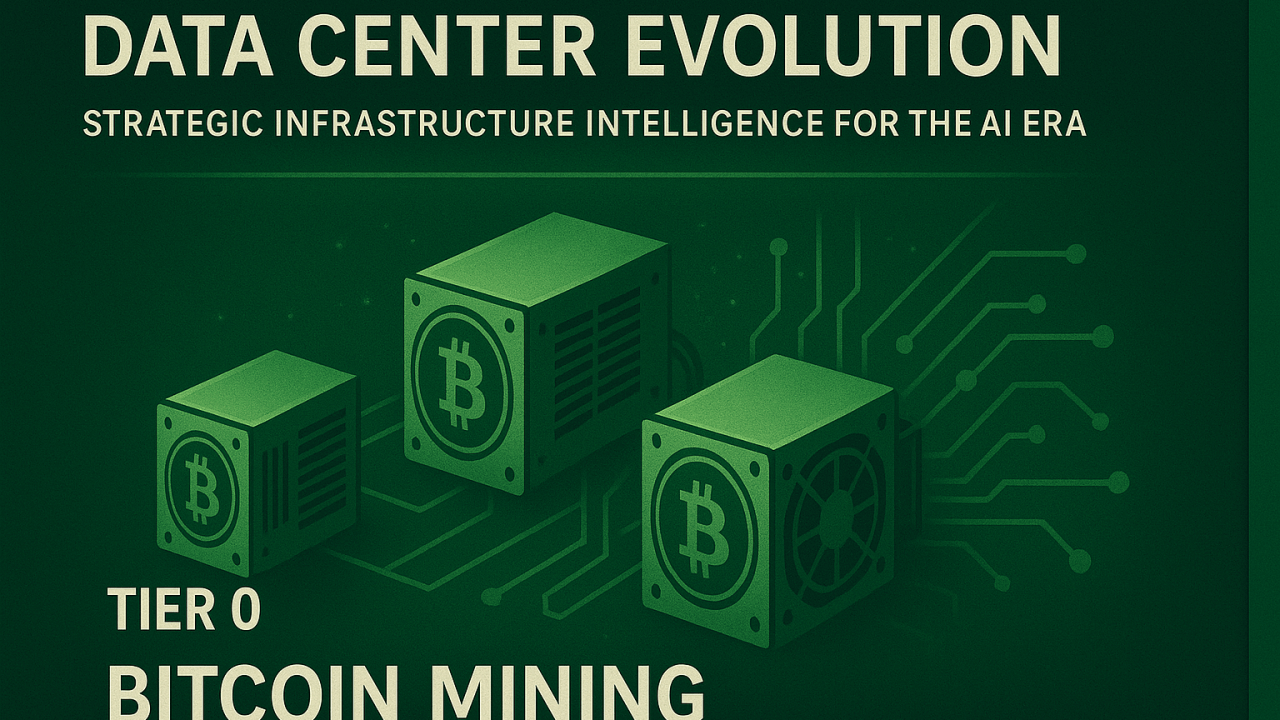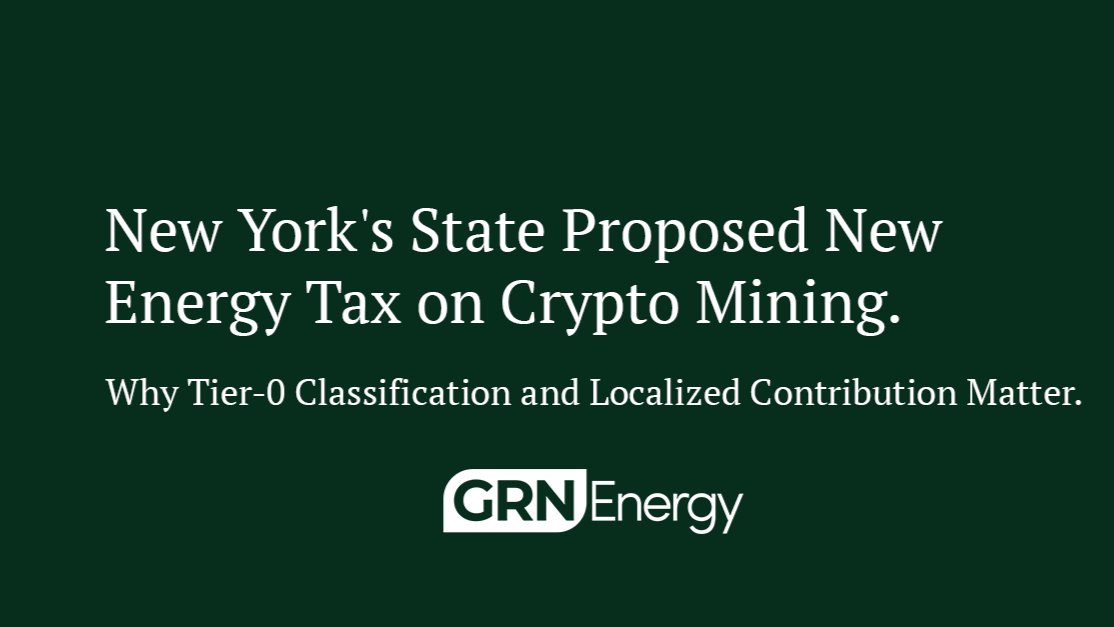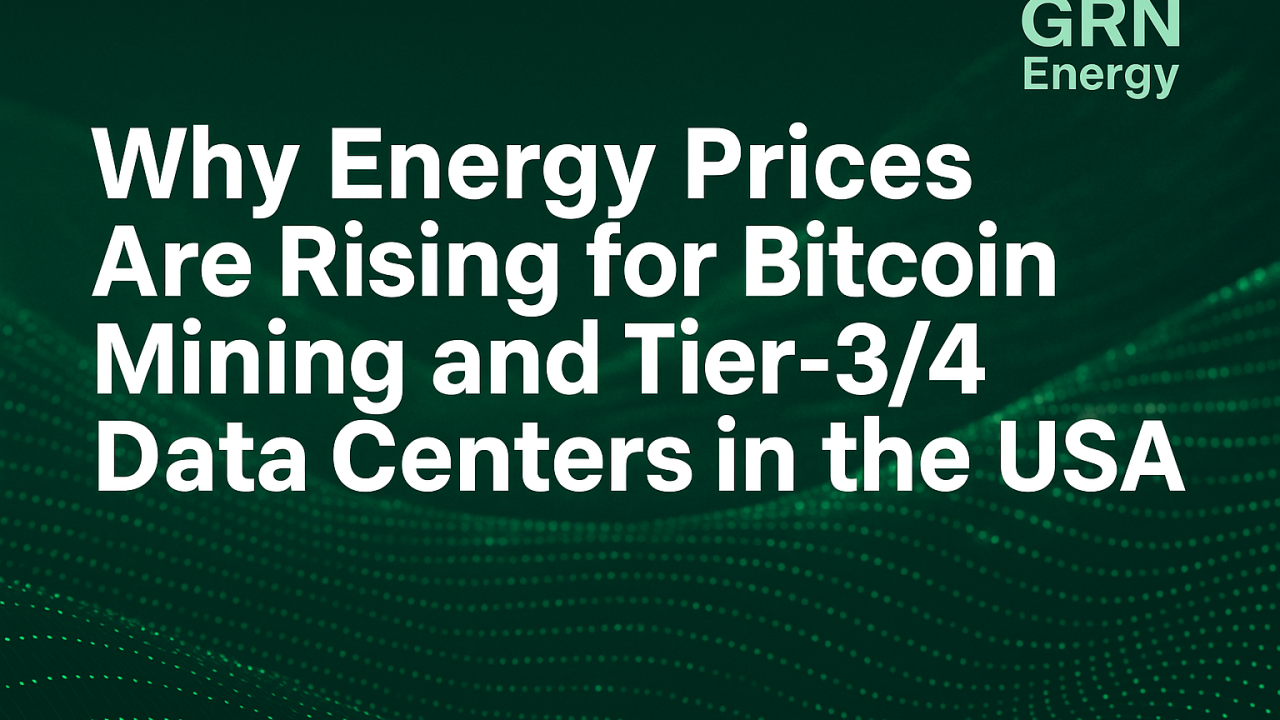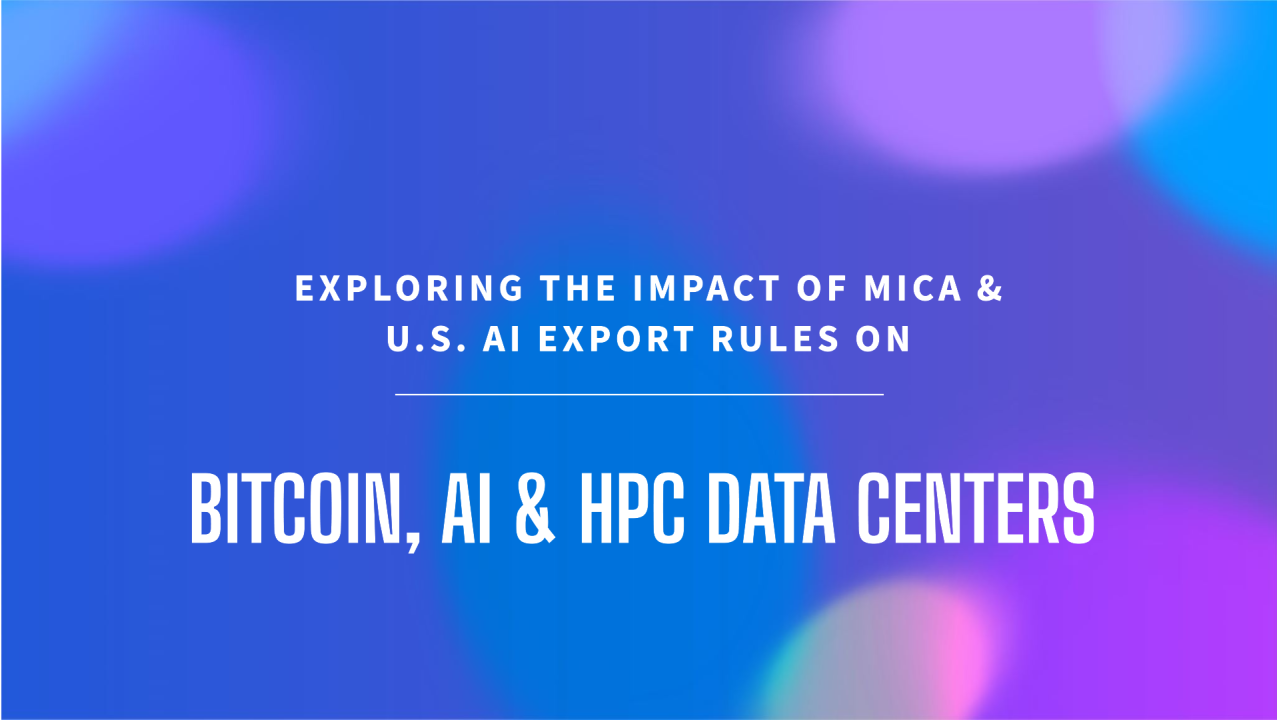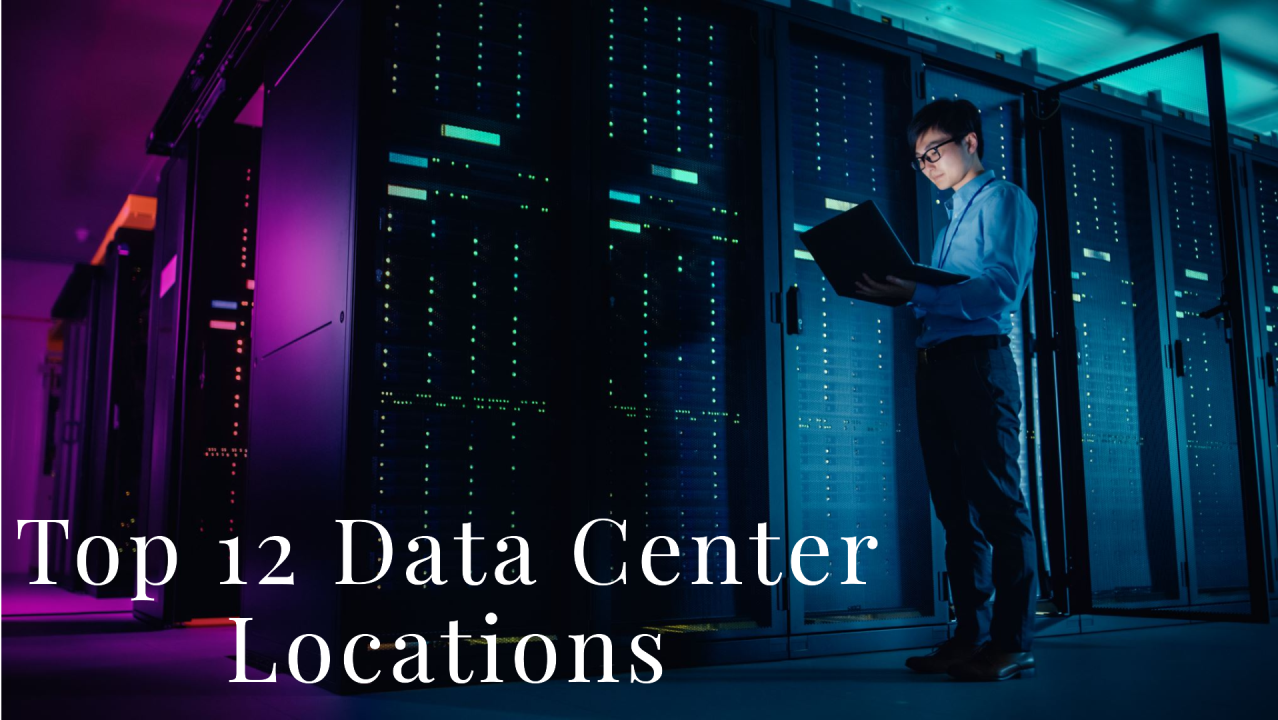As the Managing Partner at GRN Energy, I’ve been frequently asked about my perspectives on Ethiopia emerging as an HPC data center hub—a topic that has become central in numerous meetings and online video calls.
Understanding Ethiopia’s Energy Landscape:
It’s crucial to delve into Ethiopia’s energy scenario to evaluate its viability for hosting HPC data centers. The country currently possesses a modest installed capacity for electricity generation, standing at 5 gigawatts. Given its population of 120 million people, this capacity appears disproportionately low. Comparatively, Russia generates 245 gigawatts for 140 million people, and Vietnam produces 70 gigawatts for 97 million people.
Ethiopia’s ranking of 101 out of 108 countries in sustainable energy provision further emphasizes the challenges it faces. The nation’s per capita electricity consumption is a mere 100 kWh/year, significantly below the sub-Saharan Africa standard of 521 kWh/year.
Hydropower dominates the energy mix in Ethiopia, contributing to 90% of the installed generation capacity, while wind and thermal sources account for 8% and 2%, respectively. The average electricity price has experienced fluctuations, dropping from 44.02 USD/MWh in 2021 to 37.35 USD/MWh in 2022.
A staggering 46 million people in Ethiopia live without electricity access, with biomass energy being the primary source for 93% of the population. This energy poverty particularly affects rural areas, where 80% of Ethiopians reside, leading to challenges in sourcing energy for cooking and heating.

Unlocking the Potential for HPC Data Centers:
Ethiopia grapples with energy shortages and load shedding as it strives to meet the demands of its growing population, expected to increase by approximately 30% annually.
Despite these challenges, Ethiopia holds promise for HPC data centers due to its focus on generating electricity from clean and affordable renewable sources, primarily hydropower and wind power. The country boasts a substantial potential of 45 GW of hydropower and 1,350 GW of wind power.
For HPC data centers to thrive in this environment, it’s imperative to establish a stable political and economic foundation.

Committing to Positive Impact:
When considering the establishment of HPC data centers in Ethiopia, stakeholders must prioritize addressing various issues to leverage energy opportunities and contribute positively to the region with a circular approach to establish a political and economic foundation.
Key goals should include:
- Creating job opportunities
- Expanding energy infrastructure
- Enhancing stability in the grid and energy infrastructure
- Contributing to food and water resource development
- Supporting education initiatives
- Addressing healthcare needs
- Internet connectivity
Learning from Past Mistakes:
The HPC industry mustn’t replicate mistakes made in other regions, such as Kazakhstan, where Bitcoin mining led to imbalances and conflicts. Instead, the industry should actively contribute to solutions and positive development.
GRN Energy’s Role in Shaping Ethiopia’s Economic Environment:
As GRN Energy, we are actively engaging with various parties and government entities to address these issues and contribute to shaping an economic environment that attracts foreign investments. We aim to collaboratively resolve challenges, fostering sustainable growth and development in Ethiopia.
In January 2024, we will host an online meeting (Invite-Only) to delve deeper into opportunities in Ethiopia. If interested, please email ask@grn-energy.com to receive an invitation.
#HPC #Africa #Ethiopia #RenewablePower #Hydropower #BitcoinMining
